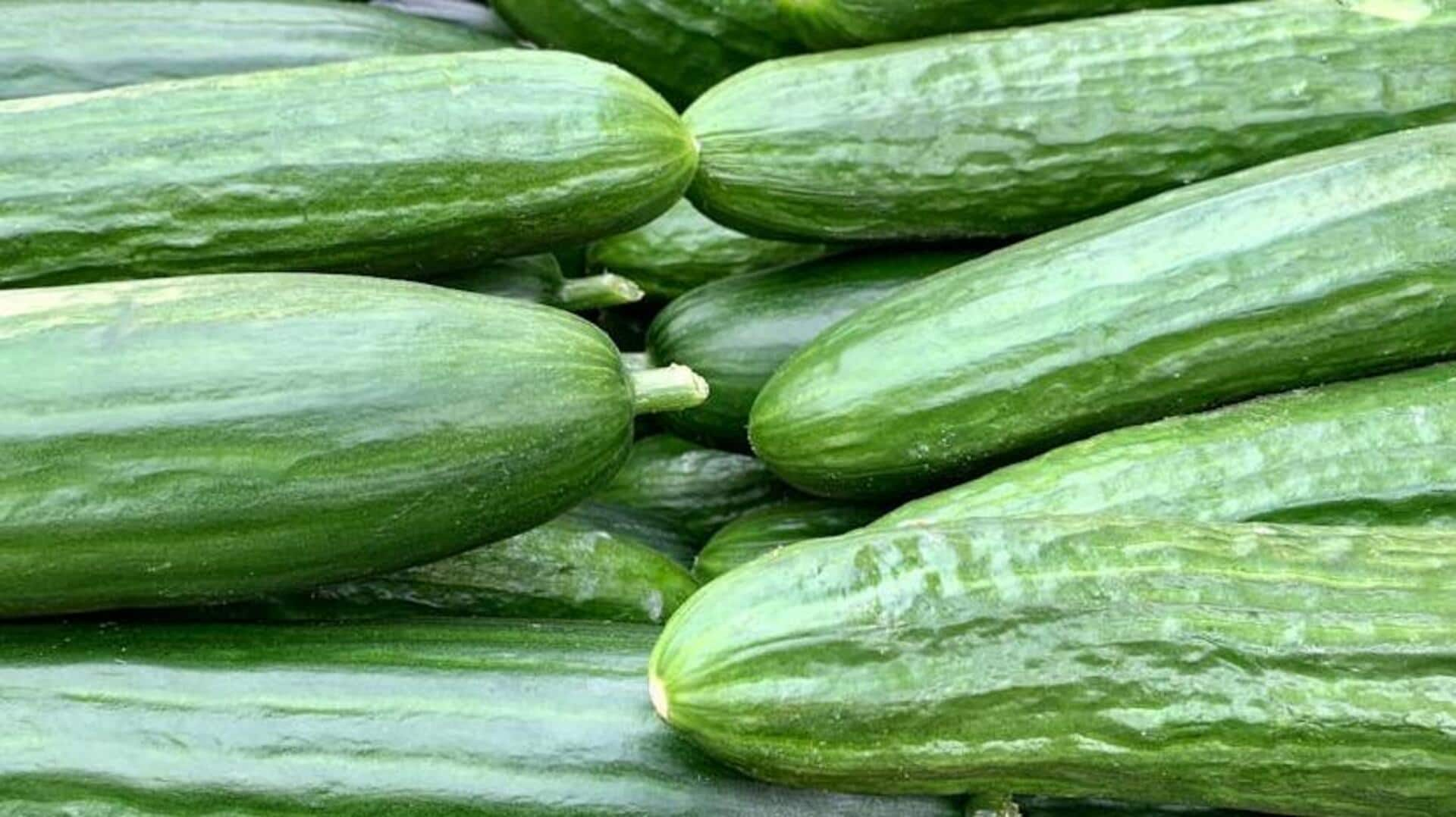
Nutritional comparison: Broccoli v/s cucumbers
What's the story
Broccoli and cucumbers are two of the most popular vegetables, commonly used in salads and numerous dishes.
While they may appear similar at first, their nutritional values can be quite surprising.
Knowing the difference can help you choose the right vegetable according to your nutritional requirements and preferences.
Here are the unique nutritional characteristics of broccoli and cucumbers, which may affect your next grocery shop.
Vitamins
Vitamin content comparison
Broccoli is extremely high in vitamins, especially vitamin C and vitamin K. Just a single serving of broccoli can give you more than 100% of your daily vitamin C intake.
On the other hand, cucumbers have a lower vitamin content but still remain a refreshing source of hydration with their high water content.
Though cucumbers have certain vitamins (like vitamin K), they don't have the dense nutrient composition of broccoli.
Fiber
Fiber differences between vegetables
Fiber is critical for digestive health, and broccoli wins with more fiber than cucumbers.
Broccoli offers some two grams of fiber per cup, which helps in digestion and keeping you full.
Cucumbers have less than one gram per cup but can still be good for hydration as they are rich in water.
Calories
Caloric content analysis
When it comes to calorie count, cucumbers are miles ahead of broccoli.
A cup of sliced cucumber only has about 16 calories, which makes it a great option for those wanting to cut down on calories while remaining hydrated.
Broccoli has around 55 calories per cup due to its denser nutrient profile, but provides more robust nutritional benefits.
Minerals
Mineral composition insights
Both vegetables provide essential minerals, but broccoli has higher amounts of calcium and iron than cucumbers.
These two minerals play an important role in bone health and oxygen transport in the body.
Cucumbers also offer small amounts of potassium (which supports heart health) but lack the mineral density of broccoli.